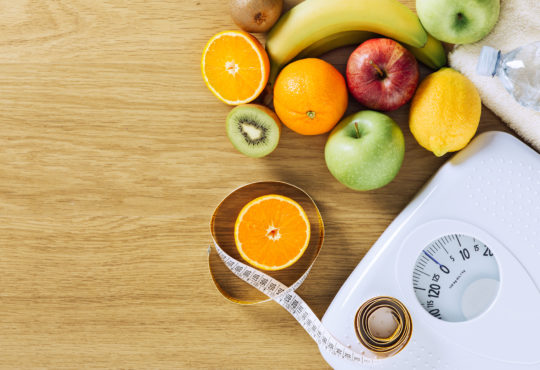
Although we are quick to call people we regard as stupid, “mouth breathers” . . .
Most people are guilty of mouth breathing. An estimated 25% to 50% of people breathe only through their mouths.
We breathe 25,000 times per day – and when it’s through the mouth, it’s badly affecting our health.
Your mouth was designed for eating, not breathing.
By inhaling through your nostrils, you’re warming, slowing, conditioning and moisturizing the air you take in.
You’re also allowing your mucous membranes to filter out impurities – including harmful bacteria and viruses.
Also, breathing through your nose pulls more air into the lower lobes of your lungs, where it’s more likely to get into your blood.
You simply get more oxygen for your cells to burn for energy – 20% extra. That makes your entire body run with more power, efficiency and endurance.
Your cells are healthier, so they perform their work with greater effectiveness.
You just plain feel better and more energetic.
Your nose also produces nitric oxide (NO).
NO dilates your blood vessels so blood flows more easily, lowering your blood pressure.
It also helps to protect you from viruses.
Mouth Breathing Can Cause:
* Snoring
* Neurological problems
* Respiratory problems
* Sleep apnea
* Metabolic disorders
The “Supersize Me for Breathing” Experiment
Supersize Me is a movie by a guy who decided to eat nothing but McDonald’s food for a month. It documents how much that wrecked his health.
James Nestor (author of Breath: The New Science of a Lost Art) decided to discover the perils of mouth breathing for himself. He had his nose plugged up for ten days.
Before that, he snored just a few minutes a night. Within three days of nonstop mouth breathing, he was snoring four hours a night.
He developed sleep apnea.
He constantly felt fatigued, stressed out and – “awful.”
His blood pressure shot up.
When he returned to his usual nose breathing, all these symptoms quickly cleared up.
Indigenous Cultures of North and South America Used to Know This
George Catlin was an American painter who headed into the American West in 1830. Over the years, he visited and painted 18 different Native American peoples. Years later, he traveled through Central and South America, visiting native peoples there.
All of these indigenous people promoted nose breathing and discouraged mouth breathing. Although they were different, and widely separated cultures, they all claimed breathing through your mouth made you weak and sick.
Some of them designed sleeping boards for babies to encourage nose breathing. Mothers watched over their sleeping infants, and would pinch their mouths shut.
I recall reading in a book about Apaches (famous as one of most bad-ass indigenous peoples), part of their training was to make young men run many miles across the desert with a mouth full of water.
If they couldn’t spit out the water at the end, they had to repeat the trial.
I used to think the point was having the self-discipline not to swallow the water. But it also forced the young men to breath only through their noses during the entire run.
At Night – When You Can’t Think to Close Your Mouth
When you’re sleeping, you’re obviously most likely to breath through your mouth instead of your nose. Few of us had mothers who pinched our mouths shut during infancy.
However, you can train yourself simply by taping your mouth shut.
You don’t need anything drastic. I use 3M surgical Transpore tape from a drugstore. It’s porous enough to allow your skin to breathe.
Just cut off a small strip, maybe one inch or so – just long enough to stretch from above your upper lip to below your lower lip.
It’s a little annoying at first, but if you’re as sleepy as I am, you forget about it as become unconscious.
If You Have Trouble Breathing Through Your Nose, Especially When You Exercise . . .
That means you are a habitual mouth-breather. The tissues in your nose have become weak because you haven’t been using them.
What you don’t use, you lose. So the tissues in your nose actually swell up, blocking your nostrils.
Just keep working at it. Tape your mouth at night. During the day, shut your mouth and breathe through your nose whenever you notice your mouth is open.
When you exercise, force yourself to keep your mouth shut.
As time goes by, as your nose tissues inhale again, your body adapts, and it becomes easier.
If you’re an athlete you’ll notice improved performance with less effort – because you’re using oxygen and carbon dioxide much more efficiently.
https://www.npr.org/sections/health-shots/2020/05/27/862963172/how-the-lost-art-of-breathing-can-impact-sleep-and-resilience
https://www.amazon.com/Jumpstart-Your-Metabolism-Changing-Breathe/dp/0684843463/
https://www.youtube.com/watch?v=U5o9b2RVC2E
https://en.wikipedia.org/wiki/George_Catlin
https://www.amazon.com/Breath-New-Science-Lost-Art/dp/B082FPZC4H/







